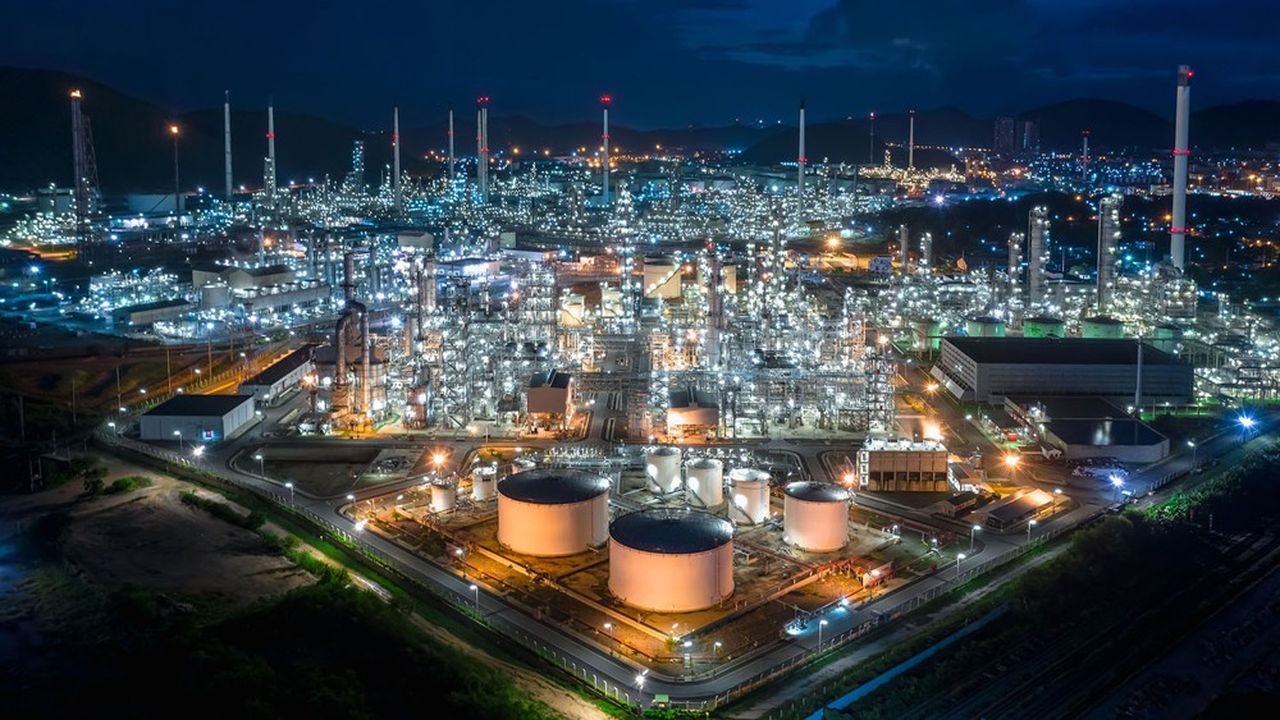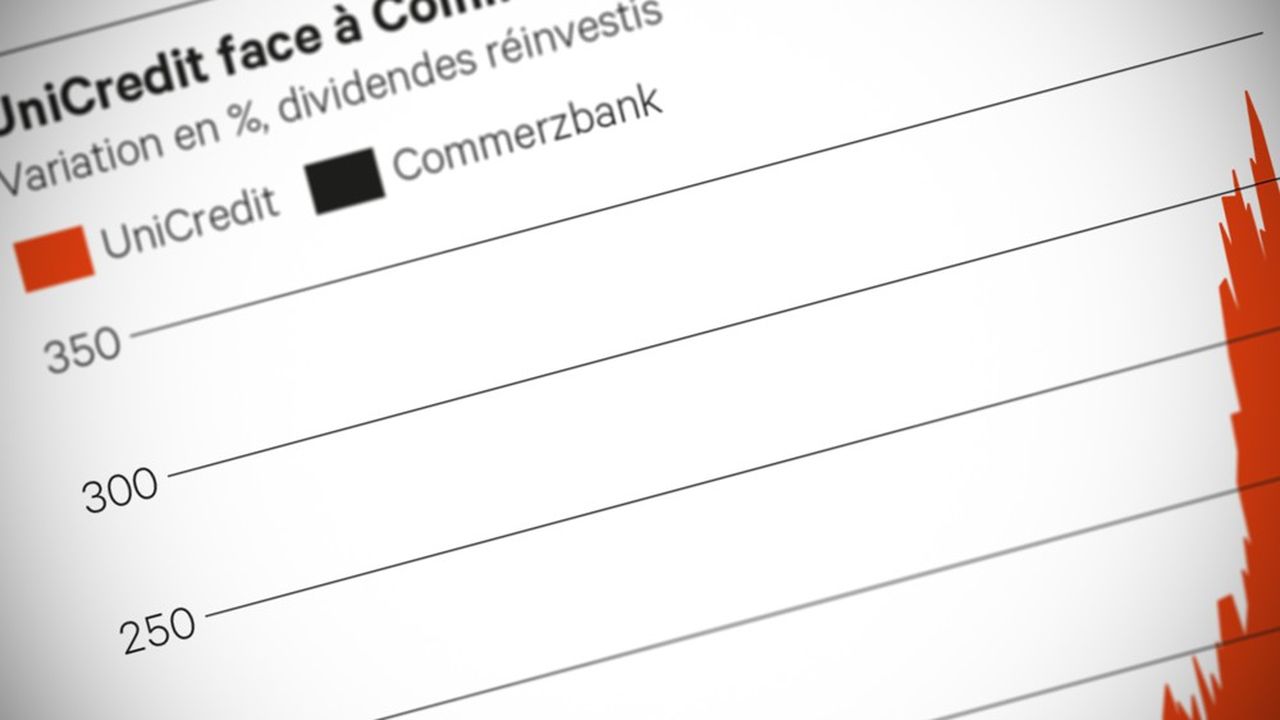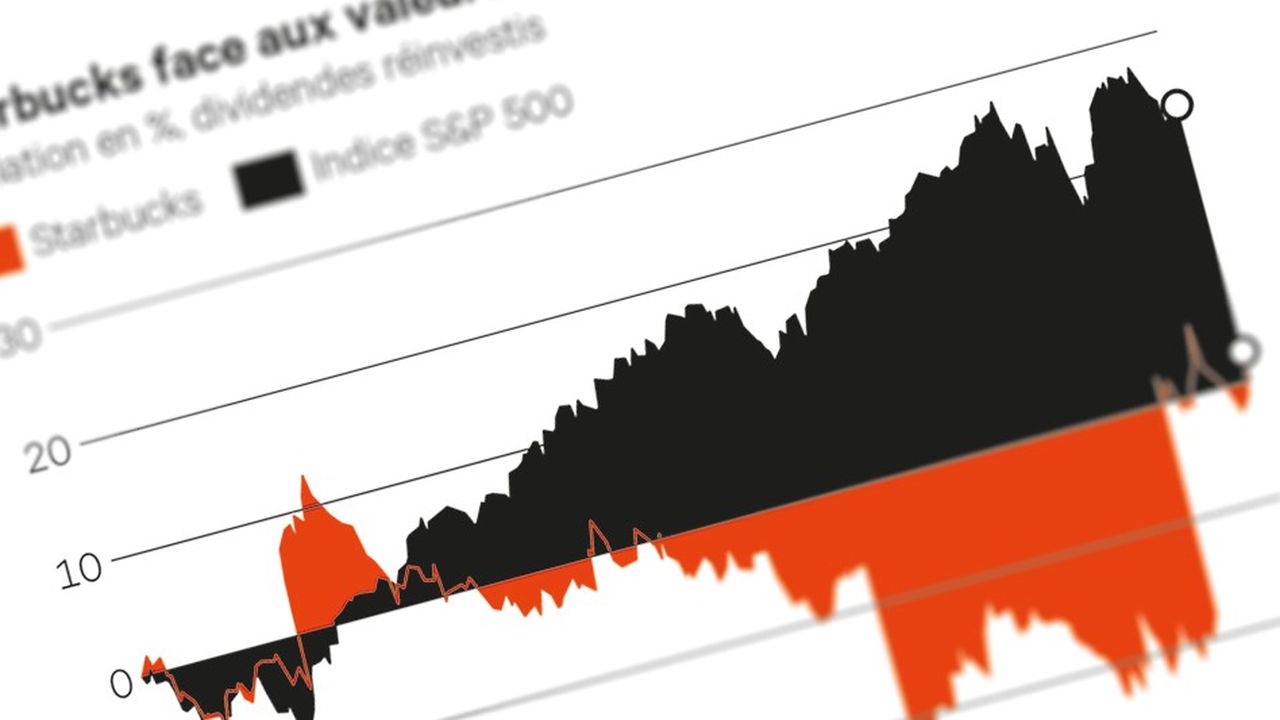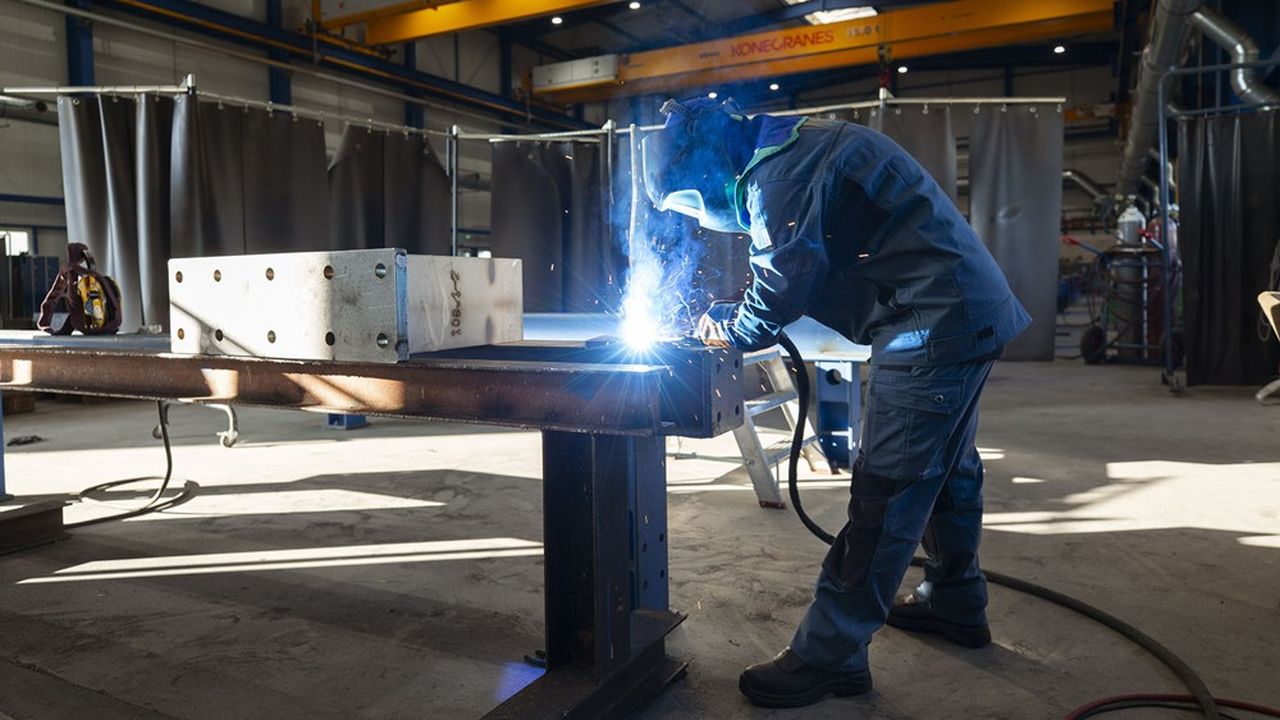
Since the start of the war in Ukraine and the rise in energy prices, the need for energy sobriety has become clear. Conversely, the need for “material sobriety” is struggling to emerge. “Unlike energy consumption for which strategies have been defined, via the Paris Agreement or the national low-carbon strategy, we do not have an objective regarding the reduction of materials. However, minerals, rare earths and metals are likely to be lacking in about fifteen years,” warns Pierre Galio, head of the responsible consumption department at Ademe.
Until now, companies working to reduce material flows have done so primarily through technological innovation, by using fewer materials when designing or using a product. “We need to go further and move away from volumetric logic. Economic models exist that are not models of degrowth,” assures François Johnston, whose firm supports companies in this path called “economy of functionality and cooperation” (EFC).










